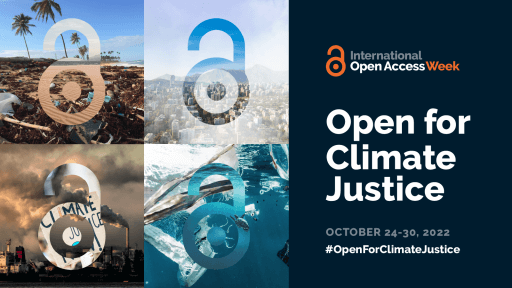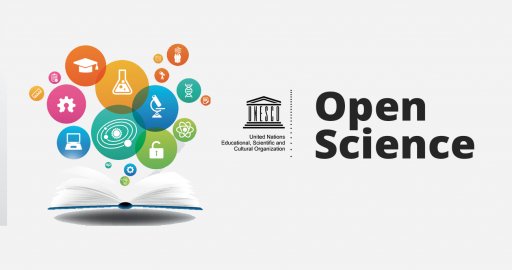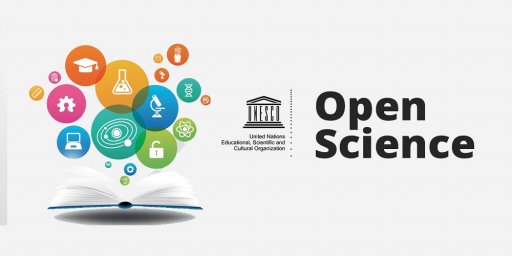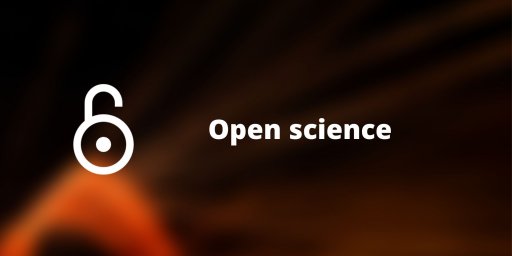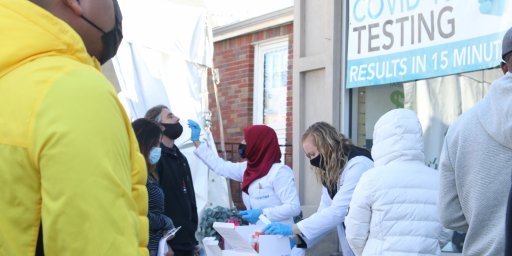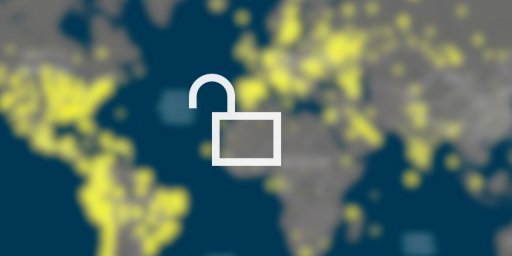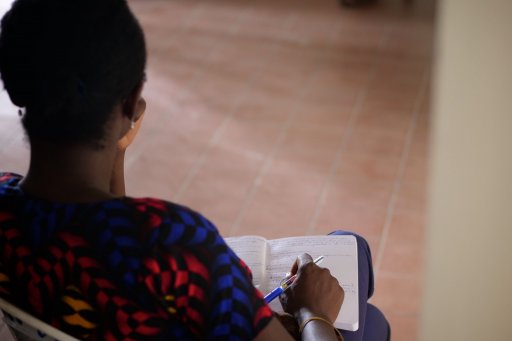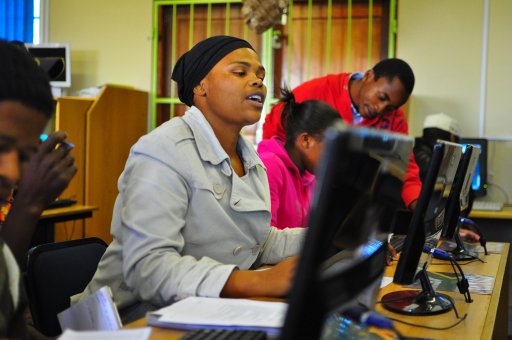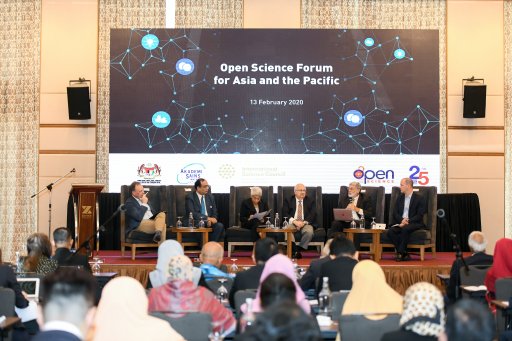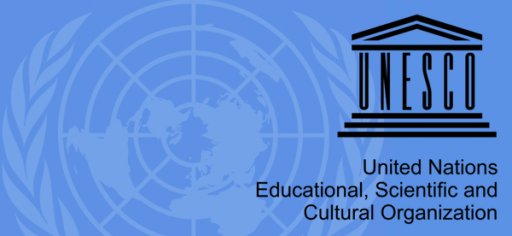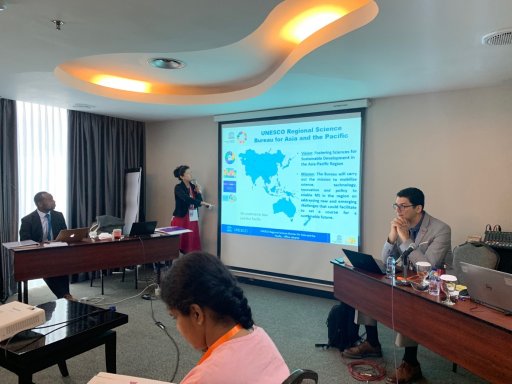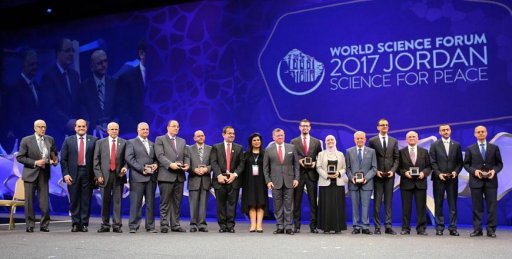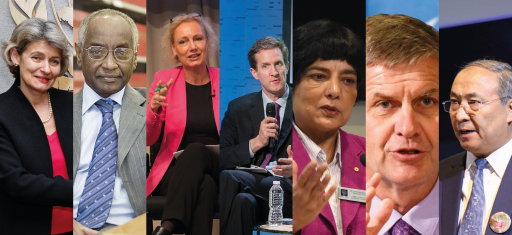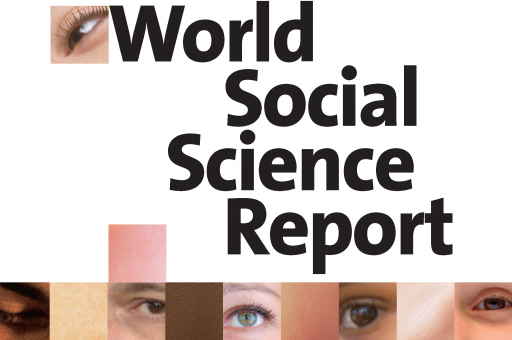The theme for the 2023 iteration of Open Access Week is “Community over Commercialization.” Acknowledging the International Open Access Week’s 2023 theme we bring about the experience of Crossref, the world’s largest registry of Digital Object Identifiers (DOIs) and metadata for the scholarly research community. This is followed by an overview of the most recent advancements and prospects in open science.
Op-ed
Reflecting on Open Infrastructure at the conclusion of Open Access Week 2023
The theme of ‘community over commercialization’ resonates with me as a community director of a nonprofit, although I think that commercial entities can still be a force for good and that ‘open’ should not be conflated with ‘nonprofit’.
My organization, Crossref, is a global nonprofit infrastructure that helps people connect all kinds of research objects—from grants to articles, and our registry covers ~150 million records today. We support the whole ecosystem in creating and distributing open metadata about these research objects, and we provide tools that help assess the trustworthiness of the research.
Crossref infrastructure is used billions of times every month, with community members from 152 countries creating and connecting metadata and even more parties across academia, industry, government, and society relying on retrieving that metadata to use in e.g. search and discovery systems, research assessment, or for meta-research. Many researchers may never have heard of Crossref, but they probably use its infrastructure unknowingly every day.
Almost all of Crossref’s new members, with 250 joining each month, are open-access publishers, with more than half of them academic-led, so started by scholars or based at universities.
So, what do we mean by ‘open’ in the context of a scholarly infrastructure like Crossref? This is an important question that can partly be answered by the Principles of Open Scholarly Infrastructure (POSI), which were developed in 2015 by Bilder et al and are being further honed by the 15 organizations that have publicly adopted them and routinely self-audit against them. These organizations are using POSI as both a public commitment and as a guide for their operations to become or remain more open. Not all of them are not-for-profit.
‘Open’ in the infrastructure context means findable and available for reuse, or ‘forkable’ for those familiar with the world of coding. The POSI principles are applied to everything from software and code to legal contracts and staff policies to board governance and financial sustainability plans—these should all be publicly available if one claims to be open, and Crossref is making its operations more and more transparent every day. The community is then free to inspect the evidence to make sure our operations align with our promised purposes and values. We don’t do this because of our tax status as a not-for-profit but because we are committed to POSI.
If open scholarly infrastructures like Crossref underpin the mechanisms of open access to research, then the community, including policymakers, could also apply the POSI framework to assess which organizations to include in its guidance and decide which ones to support directly.

Ginny Hendricks
Director of Member & Community Outreach, Crossref
Since 2015, Ginny has been developing a community team at Crossref encompassing community engagement & comms, member experience, technical support, and metadata strategy. Before joining Crossref, she ran ‘Ardent’ for a decade, where she consulted within scholarly communications for awareness and growth strategies, branding and launching online products, and building digital communities. In 2018 she founded the Metadata 20/20 collaboration to advocate for richer, connected, reusable, and open metadata, and she helps guide several open infrastructure initiatives such as ROR and POSI. She recently co-founded FORCE11’s Upstream community blog for all things open research.
You might also be interested in

ISC Eight Principles of Publishing
These eight guiding principles have been endorsed by ISC Members through a resolution adopted at the 2021 ISC General Assembly.
Big stories in Open Science
Ireland Accelerates Open Research Ambitions with €1.76M Investment in Innovative Projects
- Ireland’s National Open Research Forum (NORF) champions the country’s commitment to open research, announcing over €1.76 million in funding for thirteen groundbreaking projects under its 2023 Open Research Fund. This initiative, which follows a previous investment, brings the total funding to over €2.9 million, marking a significant stride in realizing the National Action Plan for Open Research 2022-2030. Set for an official launch at the inaugural National Open Research Festival, these projects highlight Ireland’s dedication to enhancing global research visibility, collaboration, and innovation through open research practices.
Elsevier Introduces Geographical Pricing for Open Access, Aiming for Equity in Scientific Publishing
- Elsevier, a prominent publisher of scholarly journals, has launched a pilot for Geographical Pricing for Open Access (GPOA) in 142 Gold Open Access journals, expanding affordability for authors from low- and middle-income nations. Beginning in January 2024, this initiative will adjust article publishing charges based on nations’ Gross National Income per capita, addressing financial constraints often faced by researchers in these countries.
Cornell Tech Receives Over $10M for arXiv Modernization from Simons Foundation and NSF
- Cornell Tech announced receiving grants exceeding $10 million from the Simons Foundation and the National Science Foundation (NSF) to upgrade arXiv, an open-access archive for scholarly articles. This funding aims to transition the repository, home to over 2 million articles, to the cloud and update its code for enhanced reliability and accessibility. These grants ensure arXiv’s expanded reach and better service to the global scientific community.
COAR Criticizes ACS’s New $2,500 Fee for Manuscript Deposit as a Threat to Open Science
- The Confederation of Open Access Repositories (COAR) has joined a wave of criticism against the American Chemical Society’s (ACS) new policy, which imposes a $2,500 fee for authors to deposit their manuscripts in a repository without an embargo. COAR argues that this fee undermines the principles of open science and equity, as it charges authors for rights they already possess and offers no additional services in return. Emphasizing that repositories should remain free for both access and deposit, COAR urges the scholarly community to resist these charges and uphold the rights to their research. The Council of Australian University Librarians (CAUL) and Open Access Australasia recently expressed concern over this issue.
Annual Reviews Acquires Charleston Hub to Foster Library Innovations
- In a significant move, nonprofit publisher Annual Reviews has acquired Charleston Hub, known for hosting the pivotal international library event, the Charleston Conference, and producing the journal Against The Grain, which helps to connect publishers, vendors, and librarians. The acquisition, announced before the 2023 Charleston Conference, promises continuity and expanded collaborative opportunities, underscoring Annual Reviews’ commitment to libraries as crucial conduits for impactful, equitable research. With nearly 2,000 participants anticipated at this year’s event, the integration marks a new chapter in fostering open dialogue and innovation in the realms of open science, data curation, and artificial intelligence within the scholarly communication community.
- North Carolina State University’s Center for Geospatial Analytics has embarked on a pioneering project to enhance the GRASS GIS software, a critical tool in diverse global research initiatives, backed by a $1.5 million NSF grant. The project, aimed at bolstering the software’s technological framework and expanding its user community, underscores the growing significance of open-source software in various research fields. This initiative marks a strategic effort in the Year of Open Science, reinforcing the enduring impact of GRASS GIS in fostering innovative, accessible, and collaborative scientific exploration.
CrimRxiv Launches Global Consortium to Revolutionize Open Access Criminology
- CrimRxiv, the central hub for open-access criminology, introduces the CrimRxiv Consortium, an international alliance pushing forward open criminology for societal impact. Initiated with seventeen founding members from five countries, the Consortium is chaired by top contributors, including the University of Manchester’s Department of Criminology and Office for Open Research.
ACM Transitions to Open Access Publishing for International Conference Proceedings
- The Association for Computing Machinery (ACM) has declared its transition to a fully Open Access publishing model for its International Conference Proceedings Series (ICPS), starting from 1 January 2024. This move is pivotal in ACM’s strategic shift towards total open-access publication in its Digital Library, targeted for completion by December 2025. Co-chairs of the ACM Publications Board highlight that open-access publications witness approximately 70% more downloads and citations, benefiting authors, and foresee other major publishers following ACM’s lead.
PLOS Open Science Indicators Dataset Introduces “Protocol Sharing” Indicator
- PLOS has released the quarterly update to the Open Science Indicators (OSI) dataset. The latest OSI indicators, encompassing data from January 2019 to June 2023, track Open Science practices using Natural Language Processing (NLP) and Artificial Intelligence (AI) techniques. This fourth update introduces a new “protocol sharing” indicator, expanding its analysis dimensions. While all four indicators remained stable for the first half of 2023. PLOS articles consistently exhibited higher links to public research data or code than those from other publishers.
University of California Partners with Frontiers for Open Access Publishing Initiative
- The University of California (UC) collaborates with Frontiers to launch a one-year pilot, streamlining open-access publishing for UC researchers in twenty handpicked journals focusing on humanities, social sciences, and sustainability. This joint effort aids in bolstering the university’s mission to offer its scholars a platform for unrestricted knowledge dissemination. Under the new accord, the UC libraries will bear the open access fees for UC authors, emphasizing the commitment to creating a more equitable academic communication framework.
Open Science events and opportunities
- To mark the 5th anniversary of Plan S, cOAlition S is hosting an online webinar on 2 November 2023, between 17:00 – 19:00 CET via Zoom. Register.
- LIBER will host an event on 14 November 2023 on efforts to harmonize Zero Embargo initiatives across Europe and beyond. Register.
- Cambridge University Libraries will host an annual conference to reflect on the open research at Cambridge. This is a hybrid, day-long conference and will be held at Downing College on 17 November 2023. The theme is Open Research for Inclusion: Spotlighting Different Voices in Open Research at Cambridge.
- The National Academies will convene a hybrid public workshop for stakeholders on 30 November & 1 December 2023 to inform the National Institutes of Health (NIH) and other agencies of the Department of Health and Human Services (HHS) as they develop or update policies to enhance public access to the results of HHS-funded research. Register online or in person.
- Linux Australia is pleased to announce that Everything Open will be held in Gladstone, Australia, from 16-18 April 2024. Everything Open is a grassroots conference with a focus on open technologies. The 2024 conference Call for Sessions will open on 14 October 2023. More information can be found here.
- -Science Europe is organizing a co-design process to develop Diamond Open Access recommendations and guidelines for research Funders, Sponsors, and Donors (FSDs). The inception meeting will be held on 4 December 2023 at 3 pm CET. Register.
- The Open Science Retreat is back with the 2nd edition. This year, it will be held from 25 to 29 March 2024 in Schoorl, the Netherlands. Apply before 1 December 2023.
- The 19th International Conference on Open Repositories will be held between 3-6 June 2024 at Göteborg, Sweden. Learn more about Call for Proposals.
Job opportunities
- Durham University is looking for a Repository Officer in the Research and Systems Team, part of Durham University Library and Collections. This is a part-time job. The closing date for application is 1 November 2023. Apply.
- Clemson Libraries seeks a Scholarly Communications Librarian to help advance the libraries’ scholarly communications initiatives. Applications received by 17 November will be guaranteed consideration. Apply.
- Montclair State University is looking for an Institutional Repository Librarian. This is a 12-month, tenure-track position (Librarian III/Librarian II). Apply.
- arXiv is looking for a Production Editor. This is a full-time remote position. Apply.
Our top ten Open Science reads
- Proudly nonprofit
- The Research Data Management Workbook
- COVID-19 Wikipedia Pageview Spikes, 2019-2022
- The US library system, once the best in the world, faces death by a thousand cuts
- Open and Engaged 2023: Community over Commercialization
- Does science need heroes?
- Posting preprints: ‘There is no reason not to’
- American Chemical Society (ACS) and authors’ rights retention
- University Rankings Needs a Rethink
- Open access: Need to Move Away From Transformative Agreements
Disclaimer
The information, opinions and recommendations presented by our guests are those of the individual contributors, and do not necessarily reflect the values and beliefs of the International Science Council.
Photo by vackground.com on Unsplash.







































